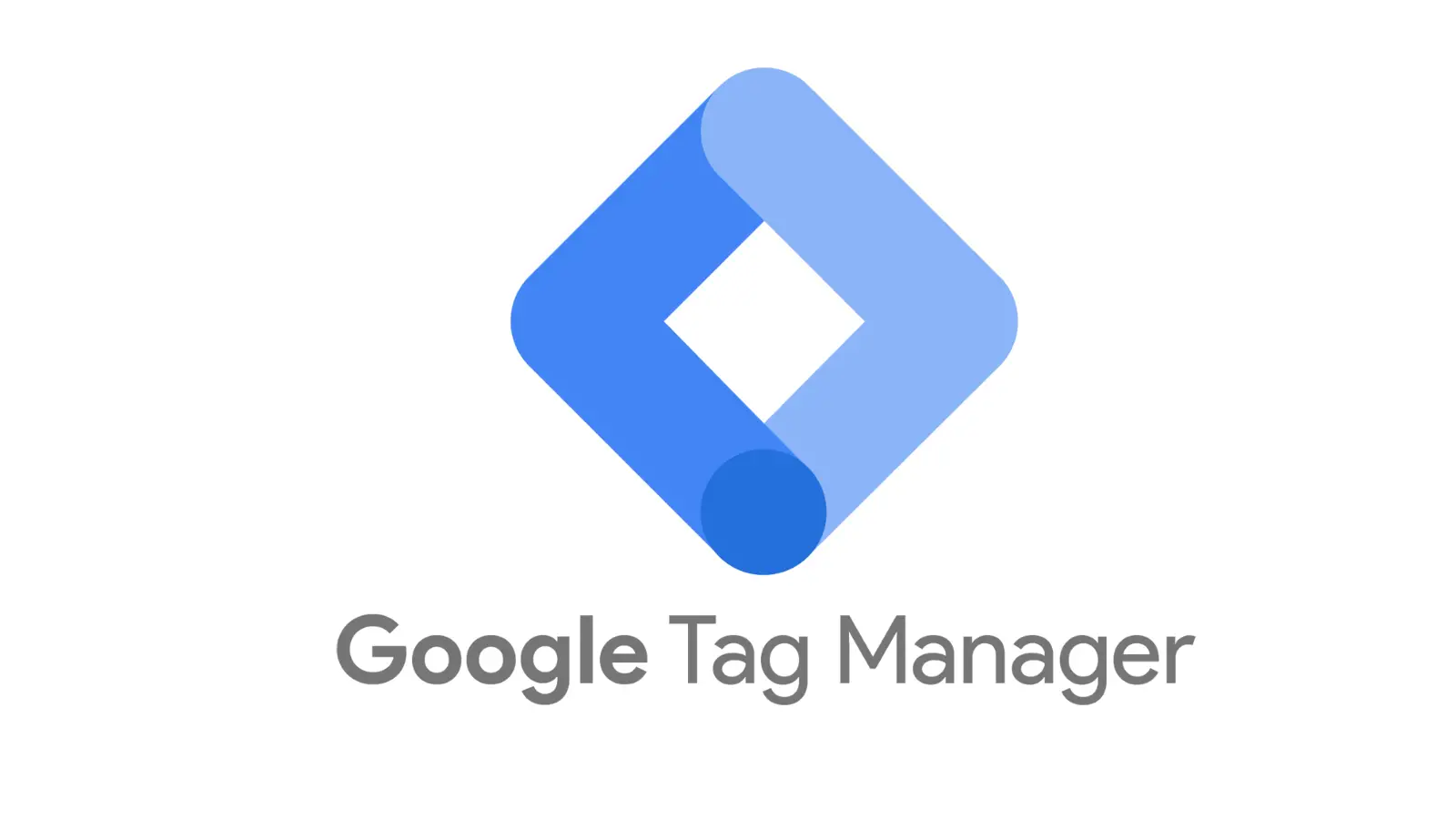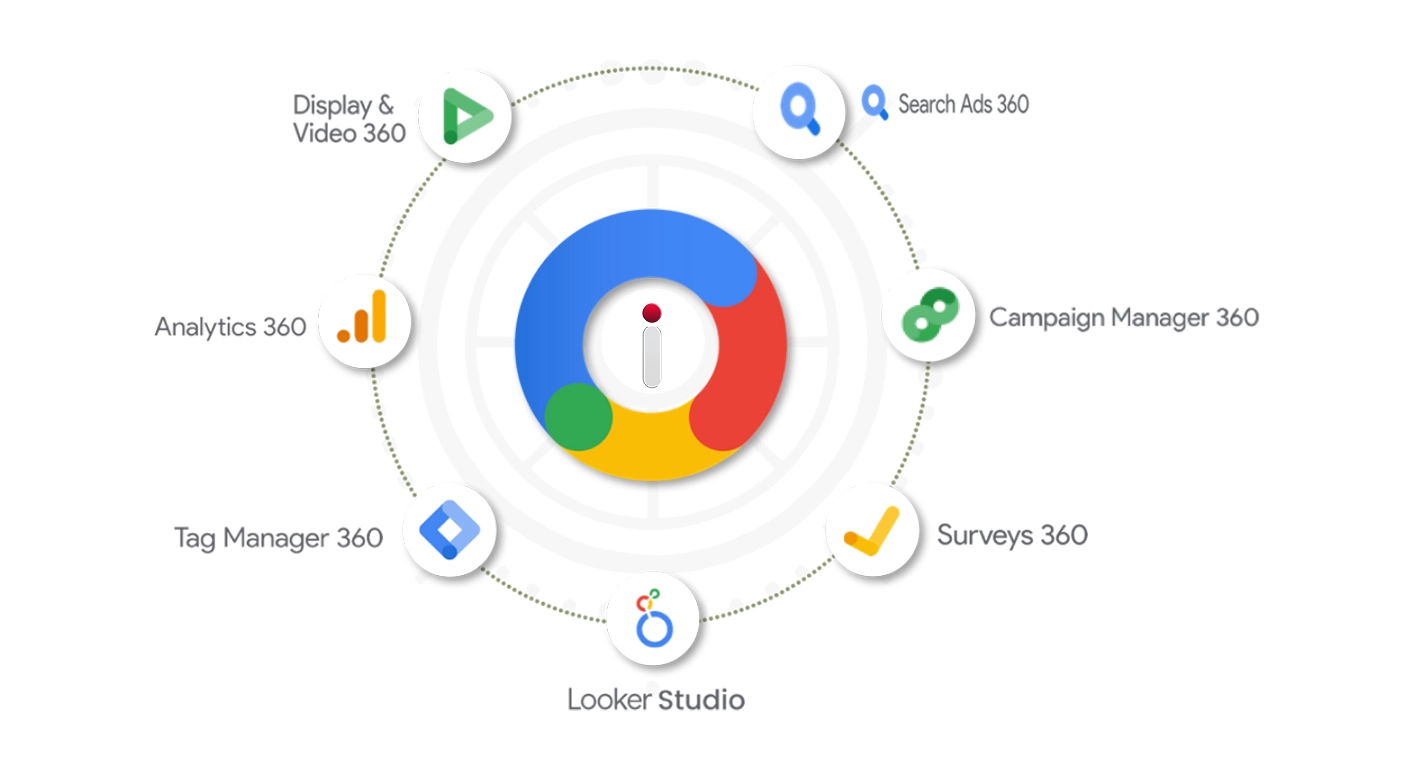
Digital marketing is experiencing a breathtaking transformation, much like a marathon, with the rapid advancement of technology and constantly changing consumer expectations. As we approach 2025, the dynamics of this field are being taken to a whole new dimension, especially with the influence of artificial intelligence technologies. Globally, 42% of companies are actively using artificial intelligence in their business processes, and 40% are exploring how to integrate this technology into their workflows. Looking at marketing and advertising professionals, 37% are already heavily utilizing AI tools. According to 2024 data, 69% of marketers have already incorporated AI into their strategies, and this rate continues to grow by approximately 8% each year. For brands in Turkey, this change represents both a significant opportunity and a process that needs to be managed carefully. So, what will shape digital marketing in 2025? In this article, we will examine the prominent trends of the coming year in detail. If you're ready, let's take a look at this exciting future together.
AI-Powered Personalization
In 2025, personalization emerges as one of the most critical elements of digital marketing. Brands are now making a difference by reaching consumers not with generic messages, but with experiences tailored specifically for them. 95% of marketing managers state that personalization strategies directly positively affect business results. Meanwhile, 92% of companies are actively using AI-powered personalization solutions, and this rate is steadily increasing. According to a comprehensive study by Salesforce, 73% of customers expect deeper and more meaningful personalization experiences with technological advancements. To meet this expectation, brands are leveraging the power of artificial intelligence to analyze consumers' habits, preferences, and even purchase intentions. For example, an e-commerce platform can offer you a special discount code based on products you've previously viewed and added to your cart. Or a content platform can prepare a recommendation list that will capture your interest based on your viewing history. Even small but effective touches can make a big difference; for instance, a personalized call-to-action (CTA) button can perform 202% better than standard versions. Hyper-personalized email campaigns significantly increase open rates and improve click-through rates, directly enhancing overall marketing performance. We see such applications becoming increasingly common, especially in the e-commerce and retail sectors, because when consumers feel valued, they become more attached to the brand.
Marketing Automation and the Rise of Chatbots
One of the biggest advantages artificial intelligence offers to marketing is the convenience and efficiency provided by automation. In this area, chatbots in particular work almost like a savior for both brands and consumers. Besides reducing costs by 30%, they optimize sales processes, resulting in an average sales increase of 67%. Chatbot usage is rapidly spreading worldwide, and according to estimates, 85% of businesses will have integrated this technology into their marketing strategies by 2025. In Turkey, we observe an increase in the use of chatbots, especially in sectors such as banking, telecommunications, and e-commerce. Chatbots not only provide instant customer support; they also accelerate processes such as data collection, customer segmentation, and lead generation. For example, when a user enters a brand's website, the chatbot immediately steps in and asks, "How can I help you?" When the user asks a question or indicates interest in a product, this information is instantly recorded, providing valuable data flow to marketing teams. Moreover, thanks to their 24/7 working capacity, communication with customers never ceases, even at midnight. Considering consumers' expectation for quick responses, it's clear how critical a role chatbots will play for brands. These tools both increase customer satisfaction and allow teams to focus on more strategic tasks.
Content Creation and Optimization with AI
Content has always been the heart of digital marketing, and in 2025, this heart will start beating faster with artificial intelligence. According to Gartner's report, marketing teams using AI tools achieve a 70% higher return on investment (ROI) in content production processes. Advanced language models like Chat GPT, Claude, and Grok produce written content from blog posts to social media posts in a short time and with high quality. And that's not all; AI-based visual and video production tools allow brands to increase their content diversity and accelerate production processes. For brands in Turkey, this represents a significant opportunity. For example, a technology company can reach its target audience faster by optimizing a detailed blog post explaining product features with AI. Moreover, these tools not only facilitate production but also make it easier to analyze content performance. Data such as which headline gets more clicks and which image receives more engagement is instantly reported thanks to AI, and teams can update their strategies based on this information. As a result, brands both save time and stand out from competitors by offering more creative and effective content.
Strategic Planning with Data Analytics and Prediction
Data analytics is one of the most powerful tools artificial intelligence offers to marketing, and this power becomes even more pronounced in 2025. According to McKinsey's research, companies using AI achieve a 10% to 15% increase in their revenues. The main reason for this is that AI-powered prediction tools can forecast campaign performance with 85% accuracy. This eliminates marketers' need to proceed by groping in the dark, wondering "Will this work?" and enables them to make faster, more accurate decisions. For brands operating in Turkey, data analytics offers a significant advantage, especially in sectors with intense competition. For example, a retail chain can optimize its stock planning by analyzing which products sell more in which region using AI. Or a digital platform can shape its advertising strategy by identifying which content users show more interest in. Artificial intelligence not only analyzes past data; it also predicts future trends and consumer behaviors, preventing marketing budgets from being wasted. These tools strengthen marketers' hands at every stage, from campaign targeting to ROI calculations, and place strategic planning on a more solid foundation.
The Role of AI in Social Media and Digital Advertising
Social media and digital advertising continue to grow in 2025 as one of the areas where artificial intelligence shines the most. Looking at 2024 data, 72% of digital advertising spending was carried out through AI-powered programmatic platforms, and this rate will increase even more next year. Artificial intelligence decides which content will be highlighted on social media, optimizes ad targeting, and provides real-time performance analyses. For example, on platforms like DV360 programmatic, AI automatically determines which audience a ad will be shown to, when, and in what format. For brands in Turkey, this represents a significant opportunity, especially for those wanting to reach a young and dynamic audience. Let's say a sports brand has launched a new shoe collection; AI can show this ad to users aged 18-35 who are interested in sports, exactly during the hours they are active. Moreover, if the ad's performance is low, AI can immediately step in and redirect the budget to a more effective target audience. As a result, conversion rates increase, ROI improves, and brands use their budgets more efficiently. Considering the intensity of internet usage in Turkey, the impact of AI in this area becomes indispensable for brands.
Ethical Data Usage and Transparency
The rise of artificial intelligence in marketing also brings ethical and transparency issues related to data usage more to the forefront. By 2025, 80% of consumers will expect clarity and reliability from brands regarding data usage. No one wants the question "Where and how are my data being used?" to remain unanswered. It has become a fundamental requirement for maintaining customer trust for brands to clearly share how they collect, process, and protect consumer data. This situation gains even more importance with the effect of data protection laws enacted in Europe and the USA. In Turkey, brands also need to regulate their data policies within the scope of the Personal Data Protection Law (KVKK). For example, an e-commerce site can both fulfill legal requirements and gain consumers' trust by providing a clear notification to its users such as "We use your data for these purposes and do not share it without your permission." Benefiting from the advantages of artificial intelligence in data analytics and personalization while not ignoring this ethical framework requires a critical balance. Considering Turkish consumers' sensitivity to privacy, a transparent approach can make a significant difference for brands.
The Direction of Digital Marketing in 2025
2025 stands out as a year when artificial intelligence becomes an integral part of digital marketing. AI enriches the customer experience with personalization, simplifies processes with automation, accelerates content production, strengthens strategic decisions with data analytics, and makes advertising more effective. However, all these technological developments require adhering to ethical values and maintaining a human-centered approach. For marketers, this new era is the time to develop strategies that combine AI with human intelligence by closely following technological innovations. Brands that correctly integrate these technologies will take the customer experience to the highest levels and achieve maximum efficiency from their marketing investments. The future will belong to those who adapt to this change; are you ready to take your place in this journey?

